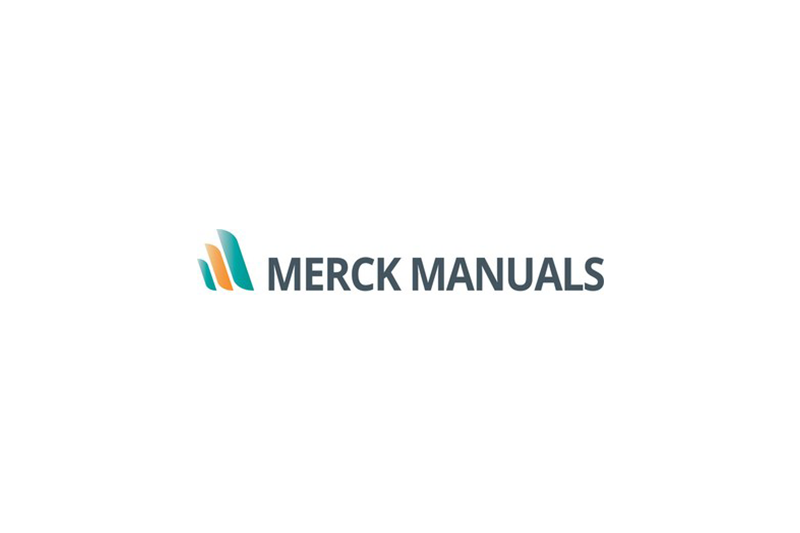Halitosis—more commonly known as bad breath—can have serious social consequences. But in a new editorial from The Merck Manuals, one expert points out that halitosis may also be a sign of other, underlying medical conditions.
Bernard J. Hennessy, DDS, Texas A&M University, College of Dentistry, shares his steps for identifying the cause of halitosis as well as treating and eliminating it.
Identify the Source
Bad breath is most often caused by the action of certain mouth bacteria, Hennessy explains. These bacteria break down certain amino acids into foul-smelling substances. Typically, there are things you can try at home before seeing a doctor, including better dental hygiene habits and avoiding odor-producing things like garlic, onions, alcohol, and tobacco.
In some cases, bad breath warrants a trip to the doctor to determine the cause. Hennessy suggests starting by bringing it up with your dentist. The dentist will ask about your medical history and then do an examination. About 9 in 10 casesof halitosis are caused by issues in the mouth.
Maintain Good Habits at Home
For the majority of cases of bad breath originating in the mouth, dentists will recommend that you increase your at-home dental care regimen. At a minimum, that means brushing at least twice a day. Hennessy also recommends flossing, brushing your tongue, and using mouthwash.
Keep Up with Regular Cleanings
Regular dental cleanings are an essential part of good oral hygiene, Hennessy says. While lack of access remains a challenge for many individuals and families, it’s a best practice to see a dentist for a cleaning at least twice a year, and that’s especially true for individuals suffering from bad breath.
Rule Out Other Causes
In a small number of cases, bad breath may be caused by more serious underlying medical conditions, including liver and kidney failure and uncontrolled diabetes. In these cases, the scent of the odor can be a useful indicator.
But in a vast majority of cases, Hennessy says, halitosis and bad breath can be addressed with good oral hygiene habits, including consistent at-home care and regular cleanings. Not only can these steps improve your breath and your teeth, they can improve your overall health as well.
You can read more about halitosis in Dr. Hennessy’s editorial on MerckManuals.com.
About The Merck Manuals and MSD Manuals
First published in 1899 as a small reference book for physicians and pharmacists, The Merck Manual grew in size and scope to become one of the world’s most widely used comprehensive medical resources for professionals and consumers. As The Manual evolved, it continually expanded the reach and depth of its offerings to reflect the mission of providing the best medical information to a wide cross-section of users, including medical professionals and students, veterinarians and veterinary students, and consumers.
In 2015, The Merck Manuals kicked off Global Medical Knowledge 2020, a global initiative with the goal to make the best current medical information accessible by up to three billion professionals and patients around the world by 2020. The Manuals achieved that goal, and today its medical information is available in more than 241 countries and in 13 languages.
It’s continuing its ambitious mission through outreach, education and creating new reliable medical resources. For access to thousands of medical topics with images, videos and a constantly expanding set of resources, visit MerckManuals.com or MSDManuals.com and connect with us on social media.
For consumers in the U.S. and its territories: Twitter and Facebook.
For professionals in the U.S. and its territories: Twitter and Facebook
About Merck
At Merck, known as MSD outside of the United States and Canada, we are unified around our purpose: We use the power of leading-edge science to save and improve lives around the world. For more than 130 years, we have brought hope to humanity through the development of important medicines and vaccines.
We aspire to be the premier research-intensive biopharmaceutical company in the world—and today, we are at the forefront of research to deliver innovative health solutions that advance the prevention and treatment of diseases in people and animals. We foster a diverse and inclusive global workforce and operate responsibly every day to enable a safe, sustainable and healthy future for all people and communities.
For more information, visit www.merck.com and connect with us on Twitter, Facebook, Instagram, YouTube, and LinkedIn.













